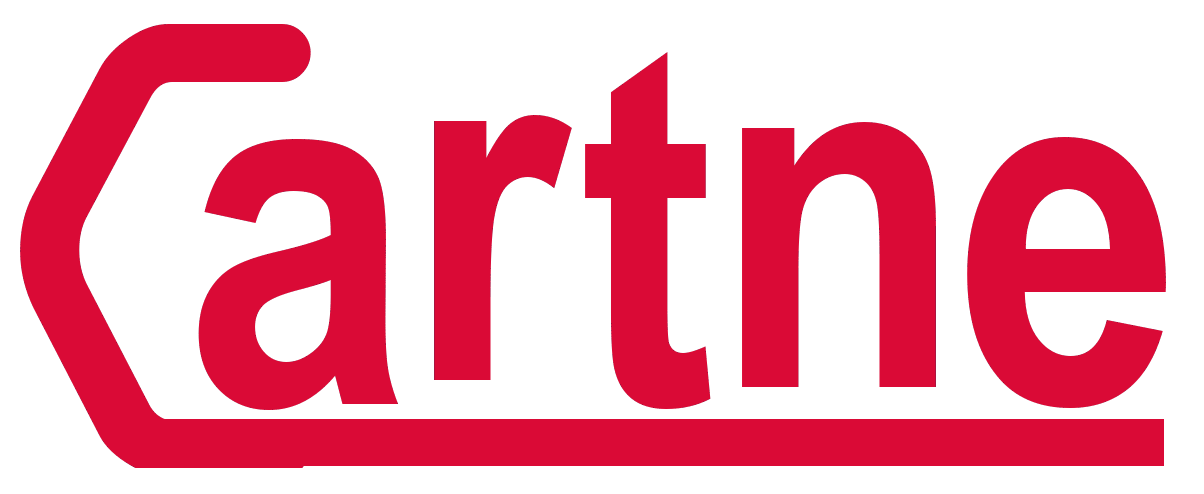How Do I Manage And Track All Of My Songs And Other Assets?
-
John Maxwell Hobbs
-
Founder/CEO
-
Streamline Media
INTERMEDIATE
Artists and songwriters often have trouble keeping track of all of their assets and who contributed what and when, incuding the various versions of them. They also have trouble validating ownership and attribution.
In this video, John Maxwell Hobbs introduces a new online platform that helps to handle the organization and tracking of files, versioning, and metadata. It is also a collaboration tool for individuals, songwriters, artists, and even tour managers for tracking everything and keeping it all in one place.
What John Discusses In This Interview
Organization Challenges
Importance
Collaboration
Time and Money
Who Benefits
Pricing
John Maxwell Hobbs
Media consultant, internet pioneer, and BBC Scotland’s former Head of Technology, John Maxwell Hobbs has worked at the intersection of art and technology for over 30 years. He is the CEO of Streamline, a music technology startup and is Vice President of Vanguard Visions, an organisation fostering artists experimenting with technology.
Joining the BBC in 2006 to launch BBC Scotland’s 21st Century broadcasting facility, Pacific Quay, he oversaw PQ’s hosting of the Commonwealth Games coverage, and coverage of the Scottish Referendum. He launched BBC ALBA, Scotland’s Gaelic television channel, and developed the BBC’s first fully tapeless, HD workflow.
Before the BBC, he founded a media consultancy in Stockholm, specialising in digital creative services for customers like Ericsson and IKEA.
In New York City, as Ericsson’s Head of Creative Development for CyberLab, he led mobile internet development and helped to create the Delphi Pad, a forerunner of devices like the iPad.
Heavily involved in the internet start-up scene in New York City, he worked for EarthWeb, one of the first dotcoms to go public.
He produced performances by DJ Spooky, Robert Wilson, Philip Glass, Steve Reich and others during his time as the Producing Director of The Kitchen, the celebrated avant garde performance space in New York City.
As a composer he has released several CDs and composed scores for a number of independent short films and his project “Acoustic Transportation” has been shortlisted for the NEM Art & Design Contest 2011.
In 2005, he completed Cinema Volta: Daily Ambience, a project in which he recorded and released a new piece of music every day for a year and has now gained over 100,000 listeners.
He is a musician and composer who releases music under the name Cinema Volta.
Although most of his work is solo, he has played with a variety of musicians, including Rhys Chatham, David Gamper of the Deep Listening Band, DJ David Azarch of the Mudd Club, and on one late, drunken evening, Cheeta Chrome of the Dead Boys.
As a producer, he has worked with DJ Spooky, Glen Branca, Philip Glass, Steve Reich, Diamanda Galas, David Hykes, every member of the New York Dolls, and more.
He has extensive experience in communicating complex technological ideas to the general public through digital media, as well as guiding the development of cutting-edge internet applications and mobile application strategy and development, and is in demand as a speaker on media and technology topics.
He’s been a judge for the BBC Audio & Music Awards in the Best Sound category and a member of the BBC Introducing Listening Panel.
As a sound engineer he worked with They Might Be Giants, John Lee Hooker, Bo Diddley and others.As a composer he has released several CDs and composed scores for a number of independent short films.
His contributions to the early days of music on the web have been documented in the book Virtual Music: How the Web Got Wired for Sound by William Duckworth. From the book: “In a review of his interactive online instrument, Web Phases, Kyle Gann of the Village Voice described it as being ‘on a noticeably higher artistic level’ than the earliest tape-music and computer-music pieces, concluding that ‘the potential for social reorientation is even more incredible’, and predicting ‘we’ll look back and say 1998 was the year our relationship to music entered a new era‘.”

